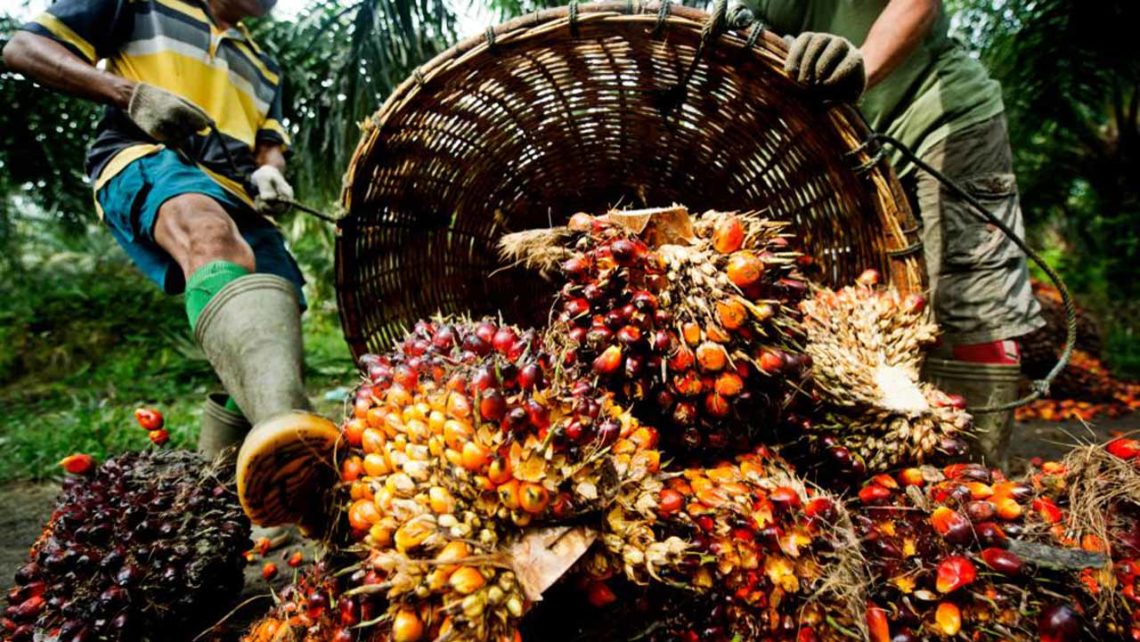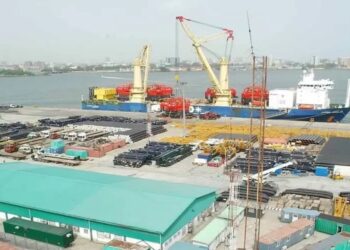The ban of crude palm oil and its derivatives exports by Indonesia, the world’s largest supplier of the commodity, should be music to the ears of investors in that line of business in Nigeria who eye the export market. Before the ban, palm oil and the refined products from it, were a major source of foreign earnings for that Asian country. In April 2020, a ton of Indonesian crude palm oil was fetching around $545 on the European and other markets. Two years later, that jumped to $1,700.
For most agricultural experts, it is painful to recall that the Asians picked the first seedlings of the agricultural plant from Nigeria in the first republic. Ironically, Indonesia has eclipsed Nigeria in the cultivation of the plant and the production of its derivatives no thanks to a policy that played down the importance of agriculture in the nation’s strive to increase its Gross Domestic Product (GDP) and enhance her foreign revenue earnings.
The reference to the above analysis is intended to bring to the fore the vision of the Central Bank of Nigeria (CBN) which is pursuing a policy of reviving the oil palm arm of the agro-business sector in Nigeria. It is obvious that the demand for palm oil in the global market is healthy enough to encourage any businessman desirous of investing in the sector that has proved to be even more profitable than oil and gas. It is on record that, presently, a barrel of palm oil costs more than a barrel of crude.
It goes without saying that oil palm business is sustainable in the long run because it is renewable unlike hydrocarbon which is a wasting asset. It is from this perspective that the present administration in CBN took the bull by the horn as part of its effort to return agriculture to its pride of place as a major economic activity that once buoyed the economy of the country. It is also important that the CBN chose oil palm as one of the crops to attract its policy intervention. It is pertinent to point out that in the immediate post-independent Nigeria, oil palm played a key role in the economy of the then Eastern Region.
It is pertinent to observe that Oil Palm supply gap is estimated at 1,250,000 metric tonnes. This is even as local demand is estimated at 2,500,000 metric tonnes and local production is 1,250,000 metric tonnes. It is, therefore, germane to point out why the apex bank is so committed to bringing back the lost glory of the sector that financed the major infrastructure in the south, especially, the south-east in the colonial and immediate post-colonial era in the country.
CBN’s intervention in the oil palm value chain, pragmatic as it is forward looking, is aimed at increasing production from 1,250,000 metric tonnes to 2,500,000 metric tonnes by 2028 through the cultivation of approximately 350,000 hectares. The overall policy objective is to meet local demand for palm oil and its derivatives and at the same time improve local processing quality and standards; conserve foreign exchange reserves; create jobs and enhance the skills of Nigerian people along the oil palm value chain; facilitate easier access to funding for palm oil majors, Small and Medium Enterprises (SMEs), and smallholders in a way that will improve and grow the economy.
Information available in the economic space indicate that the key value chain development activities in the sector which the CBN is deliberately pursuing involves the funding of oil palm majors and SMEs towards plantation development and mill construction and upgrade.
It also includes a policy thrust to develop the out-growers framework for implementation, pursue a pilot scheme of the out growers’ scheme and facilitate land allocation to investors by state governments. It is instructive to point out that there are ongoing discussions between moribund oil palm estates such as Adapalm in the South east and possible investors. So far 170,000 hectares of land has been allocated to investors across 11 States.
For instance, the Edo State Oil Palm Program (ESOPP) launched by Godwin Emefiele in 2019 is expanding. So far, a total of 65,000 hectares have been allocated by the state government to oil palm investors while the CBN has provided funding for the projects in the State to the tune of N51.29 billion. On its part, the Ondo state government has flagged-off its Red Gold Project. The state allocated a total of 54,000 hectares to oil palm companies and is supporting smallholder farmers towards the cultivation of a total of 6,000 hectares across three senatorial districts, in phases. The support is in form of providing ISPO, a government certification scheme issued through a ministerial regulation and as such is legally binding. The farmers have commenced nursery development, part of which commenced last year and will be transplanted to the main fields this year.
Other states are also having talks with CBN through their Deposit Money Banks (DMBs) towards accessing facility for oil palm development by small holder farmers. Already, industry watchers are mapping out plans, projections and forecasts for 2022 and beyond with the hope that 350,000 hectares will be cultivated by 2028 as expected. In the final analysis and within the period under review, that is to say, total approved disbursement to Oil Palm Major/SME/Smallholders by CBN from inception of the policy to April 2022, is put at N73.38 billion. This is immensely commendable.
It is also necessary to point out that events in Indonesia is positive pointer to the appropriateness of the Emefiele policy in the oil palm sector. From this perspective, therefore, experts urge investors in Nigeria to redouble their efforts so as to take advantage of the openings created by that country in the international palm oil market.
The benefits are immeasurable as no bi-product of oil palm is wasted. Apart from palm oil, there is palm kernel and, yes, brooms that are still heavily in use in spite of the onslaught of technology. A new broom as it is said sweeps clean even in politics.
Amadi is an oil palm farmer based in Owerri





